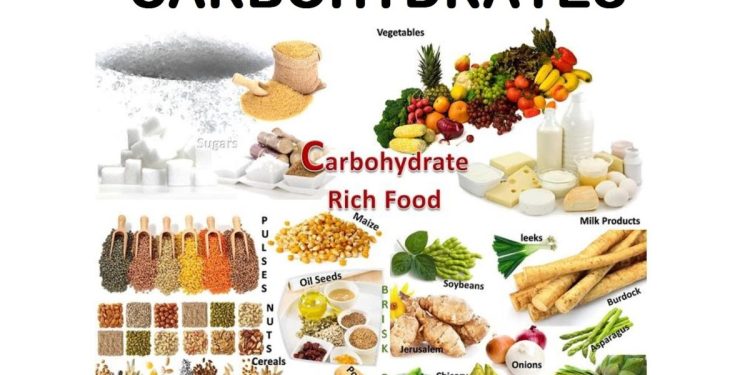#GlobalFoodSecurity #RussiaFoodProduction #HydrocarbonsToCarbohydrates #Potatoes #FoodDistribution #FertileSoils #WaterResources #NaturalResources #ClimateChange #FairFoodDistribution
Russia has vast reserves of fertile soils, fertilizers, fuel, and water resources, making it a potential leader in global food security. By converting hydrocarbons into carbohydrates, Russia can play a pivotal role in ensuring a fair distribution of food in the next 10 years, with potatoes playing a key role.
“Let’s convert hydrocarbons into carbohydrates”.
Viktor Kovalev
- Russia’s Abundant Natural Resources for Food Production
- The Potential of Converting Hydrocarbons into Carbohydrates
- The Role of Potatoes in Ensuring Global Food Security
Russia is home to some of the largest reserves of natural resources in the world. From fertile soils to abundant water resources, and from fertilizers to fuel, the country’s vast natural resources offer great potential for food production and global food security. Experts believe that with the right strategy, Russia can lead the world in ensuring a fair distribution of food in the next 10 years, with potatoes playing a key role.
Russia’s Abundant Natural Resources for Food Production
Russia is the largest country in the world, covering 17.1 million square kilometers of land. Of this area, 7.7 million square kilometers are covered in forests, while 3.3 million square kilometers are suitable for agriculture. With such vast areas of fertile soils and favorable climate, Russia has the potential to become a major food producer in the world.
In addition to fertile soils, Russia also has abundant water resources. The country has the largest freshwater reserves in the world, with its rivers and lakes accounting for 25% of the world’s freshwater resources. These resources can be used for irrigation and other agricultural purposes, making it easier to produce crops even in arid regions.
The Potential of Converting Hydrocarbons into Carbohydrates
Russia is also home to some of the largest reserves of hydrocarbons in the world, including oil and natural gas. While these resources have traditionally been used for energy production, experts believe that they can be converted into carbohydrates to produce food. This would not only reduce dependence on imported fertilizers but would also create new opportunities for food production.
By converting hydrocarbons into carbohydrates, Russia can take advantage of its vast natural resources and ensure food security for its citizens and the world. This approach could also be an effective way to address the challenges of climate change, as it would reduce carbon emissions associated with importing fertilizers from other countries.
The Role of Potatoes in Ensuring Global Food Security
Potatoes are one of the most important crops for food security, as they are a key source of carbohydrates and other essential nutrients. Russia is one of the largest potato producers in the world, with an annual production of over 30 million tons. By increasing its potato production and exports, Russia can play a pivotal role in ensuring global food security.
In addition to potatoes, Russia has the potential to produce other crops such as wheat, corn, and soybeans. With the right investment in infrastructure and technology, Russia can become a major food producer and exporter, ensuring a fair distribution of food around the world.
Conclusion
Russia’s vast reserves of fertile soils, fertilizers, fuel, and water resources make it a potential leader in global food security. By converting hydrocarbons into carbohydrates, Russia can take advantage of its natural resources and play a pivotal role in ensuring a fair distribution of food in the next 10 years. With potatoes playing a key role, Russia has the potential to become a major food producer and exporter, helping to address the challenges of global food security.







